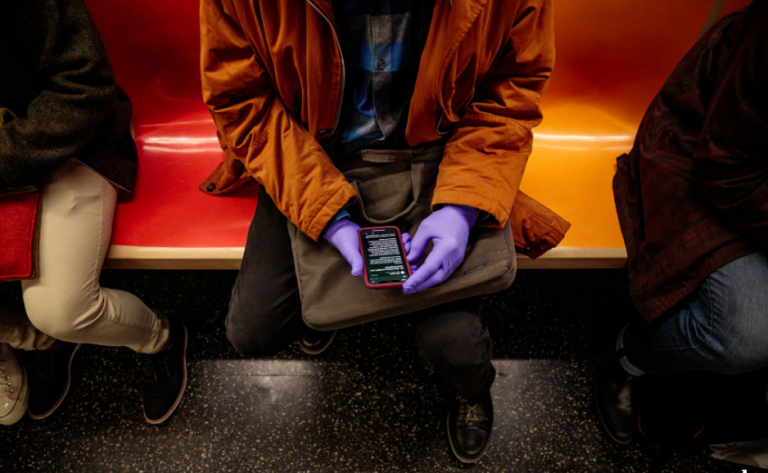Coping strategies
Quote from admin on March 17, 2020, 5:28 pmCoronavirus and the Isolation Paradox
In December, a woman in Tulsa, Okla. used a Craigslist post to plea for holiday companionship. “Anybody need a grandma for Christmas?” she wrote. “I’ll even bring food and gifts for the kids! I have nobody and it really hurts.” More than three in five working Americans report feeling lonely. Now that the country is facing a disease outbreak that demands measures like “social distancing,” working from home and quarantines, that epidemic of loneliness could get even worse.
A paradox of this moment is that while social distancing is required to contain the spread of the coronavirus, it may also contribute to poor health in the long run. So while physical isolation will be required for many Americans who have Covid-19 or have been exposed to it, it’s important that we don’t let such measures cause social and emotional isolation, too.
The Health Resources and Services Administration cautions that loneliness can be as damaging to health as smoking 15 cigarettes a day. Feelings of isolation and loneliness can increase the likelihood of depression, high blood pressure, and death from heart disease. They can also affect the immune system’s ability to fight infection — a fact that’s especially relevant during a pandemic. Studies have shown that loneliness can activate our fight-or-flight function, causing chronic inflammation and reducing the body’s ability to defend itself from viruses.
Across the country, people are being asked to work from home, universities are switching to virtual classes and large gatherings are being canceled. These are key strategies to prevent transmission, but they can come at a social and mental-health cost: furthering our sense of isolation from one another, and making us forget that we’re in this together.
Coronavirus and the Isolation Paradox
In December, a woman in Tulsa, Okla. used a Craigslist post to plea for holiday companionship. “Anybody need a grandma for Christmas?” she wrote. “I’ll even bring food and gifts for the kids! I have nobody and it really hurts.” More than three in five working Americans report feeling lonely. Now that the country is facing a disease outbreak that demands measures like “social distancing,” working from home and quarantines, that epidemic of loneliness could get even worse.
A paradox of this moment is that while social distancing is required to contain the spread of the coronavirus, it may also contribute to poor health in the long run. So while physical isolation will be required for many Americans who have Covid-19 or have been exposed to it, it’s important that we don’t let such measures cause social and emotional isolation, too.
The Health Resources and Services Administration cautions that loneliness can be as damaging to health as smoking 15 cigarettes a day. Feelings of isolation and loneliness can increase the likelihood of depression, high blood pressure, and death from heart disease. They can also affect the immune system’s ability to fight infection — a fact that’s especially relevant during a pandemic. Studies have shown that loneliness can activate our fight-or-flight function, causing chronic inflammation and reducing the body’s ability to defend itself from viruses.
Across the country, people are being asked to work from home, universities are switching to virtual classes and large gatherings are being canceled. These are key strategies to prevent transmission, but they can come at a social and mental-health cost: furthering our sense of isolation from one another, and making us forget that we’re in this together.

